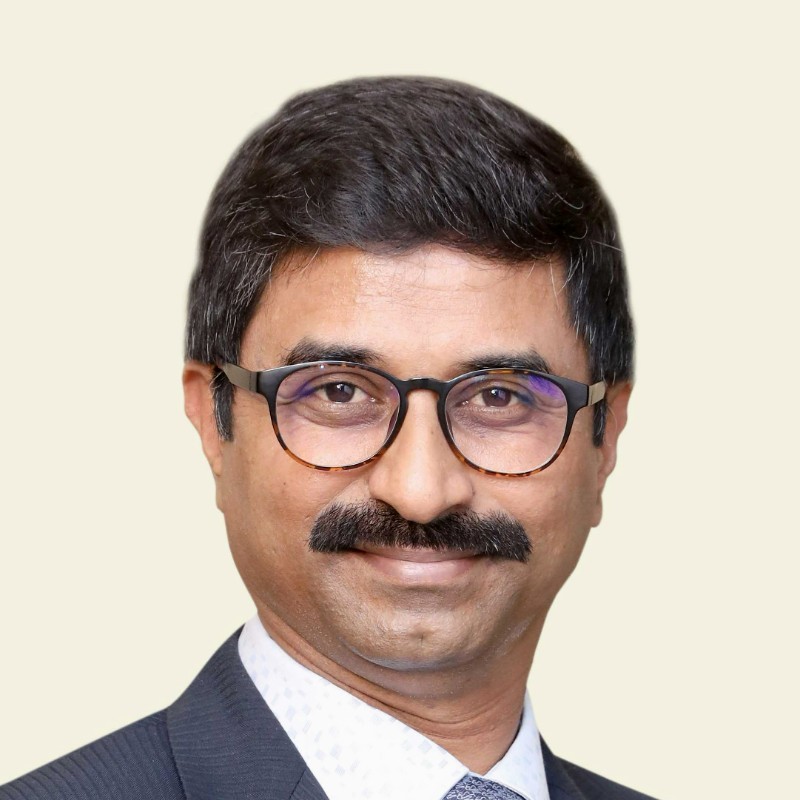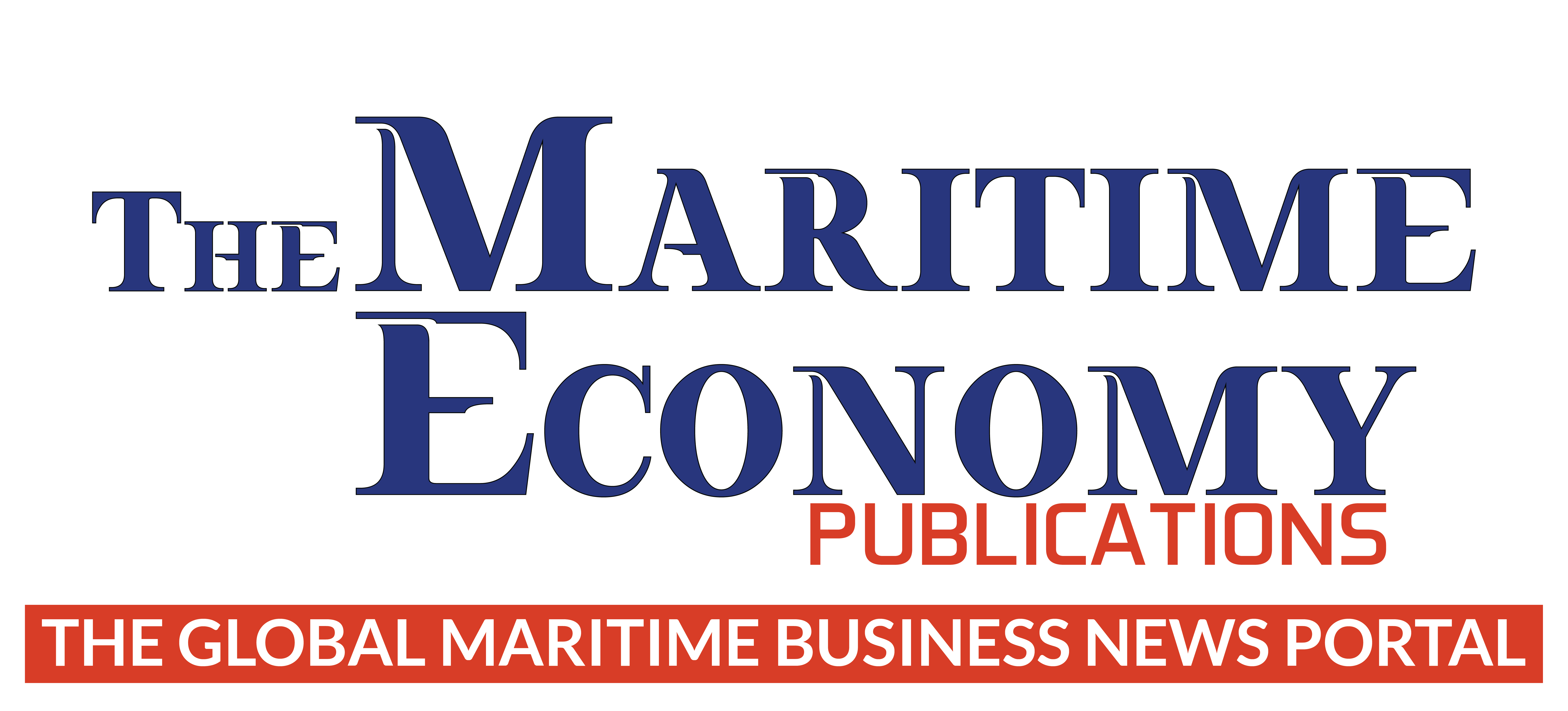Geopolitical signalling amidst Global Maritime India Summit

Recently there was an article in an international maritime publication on the India growth story and ground level similarities to China during the early days of its rise as an economic power and subsequent emergence of a leading maritime nation.
India has a long shipbuilding history and was amongst the top shipbuilding nations in the world for several centuries. It saw a steady decline during the colonial period and as sailing ships were replaced with steamships. In the several decades post Indian independence, shipping was never a focus of the policymakers as it constituted but a small fraction of Indian economy. A country struggling with its basic needs could ill afford spending its meagre resources on heavy investment activities like shipbuilding.
The country’s maritime ecosystem is not as evolved as leading maritime nations with respect to maritime finance, insurance, bunkering, equipment manufacturing, etc. and maritime clusters are still in the early stages of development. With India emerging as a leading global power, policymakers are now waking up to the need to secure the country’s supply chains and the need to have a strong and vibrant maritime presence which is increasingly gaining strategic importance.
The recently concluded Global Maritime India Summit (GMIS) 2023 was as much about India’s maritime focus as it was about geopolitical signalling. One could sense strong undercurrents of the changing dynamics in world affairs.
In the opening address by PM Shri Narendra Modi, the India Middle East Europe Economic Corridor (IMEEC) was amongst the first points made by him signalling India’s strong intent. He talked of the changing world order and the need for a reliable and resilient supply chain in the post pandemic period. He also unveiled ‘Amrit Kaal Vision 2047’ the long-term blueprint for Indian maritime sector. The year 2047 will mark completion of 100 years of India’s independence.
The event saw good international participation as high-level delegates including Ministers and port officials from Middle East, Europe, CIS & Asia Pacific. During the inaugural session, Italian Deputy Minister for Infrastructure and Transport stated that Italy is a natural platform for entry to Europe – positioning it as gateway to Europe.
There were some interesting roundtables on developing shipbuilding and ship repair capabilities, regional maritime connectivity in the context of BIMSTEC, development of the Chabahar & INSTC corridor as a gateway to Central Asia.
During the Green Ports & Shipping discussion, India aimed to project itself as a supplier of alternative fuels having identified three ports as green hydrogen hubs – one each on the east, west and south coast. The Global Biofuel Alliance was launched earlier during the recent G20 Summit.
The session on maritime financing, insurance and arbitration saw Indian finance minister call for a need to have an Indian P&I Club which is a very interesting development. Although it has been discussed earlier, it was rarely spoken about at such platforms and certainly not from high level government officials.
All these initiatives are steps in the right direction and towards this, GMIS was a success with its mission of ‘Connect, Collaborate and Create’. In the past several decades India, has never seen such intense focus in the maritime sector at the highest levels of policy making.
Yet, India is far from being a leading maritime nation as the Menon Economics report of 2022 places the maritime capital of Mumbai out of the top 10 on almost all measurement parameters barring 1-2. Similarly, India is not amongst the top 10 ship owning nations and neither are the country’s ports in handling cargo volumes. Shipbuilding in India is still a small percentage of global output, and most shipyards are focussing on defence shipbuilding with few merchant ships being built. This indicates that a lot more needs to be done for India to emerge as a leading maritime nation.
However, given an industry enabling atmosphere and support from the government, the next few years will be interesting to see how India transforms into a major shipping nation.
Author: Santosh Patil
The author is currently AVP – Indian Register of Shipping with close to 25 years’ experience in maritime and shipping industry. The views expressed by the author are his own and do not necessarily reflect those of his organisation

